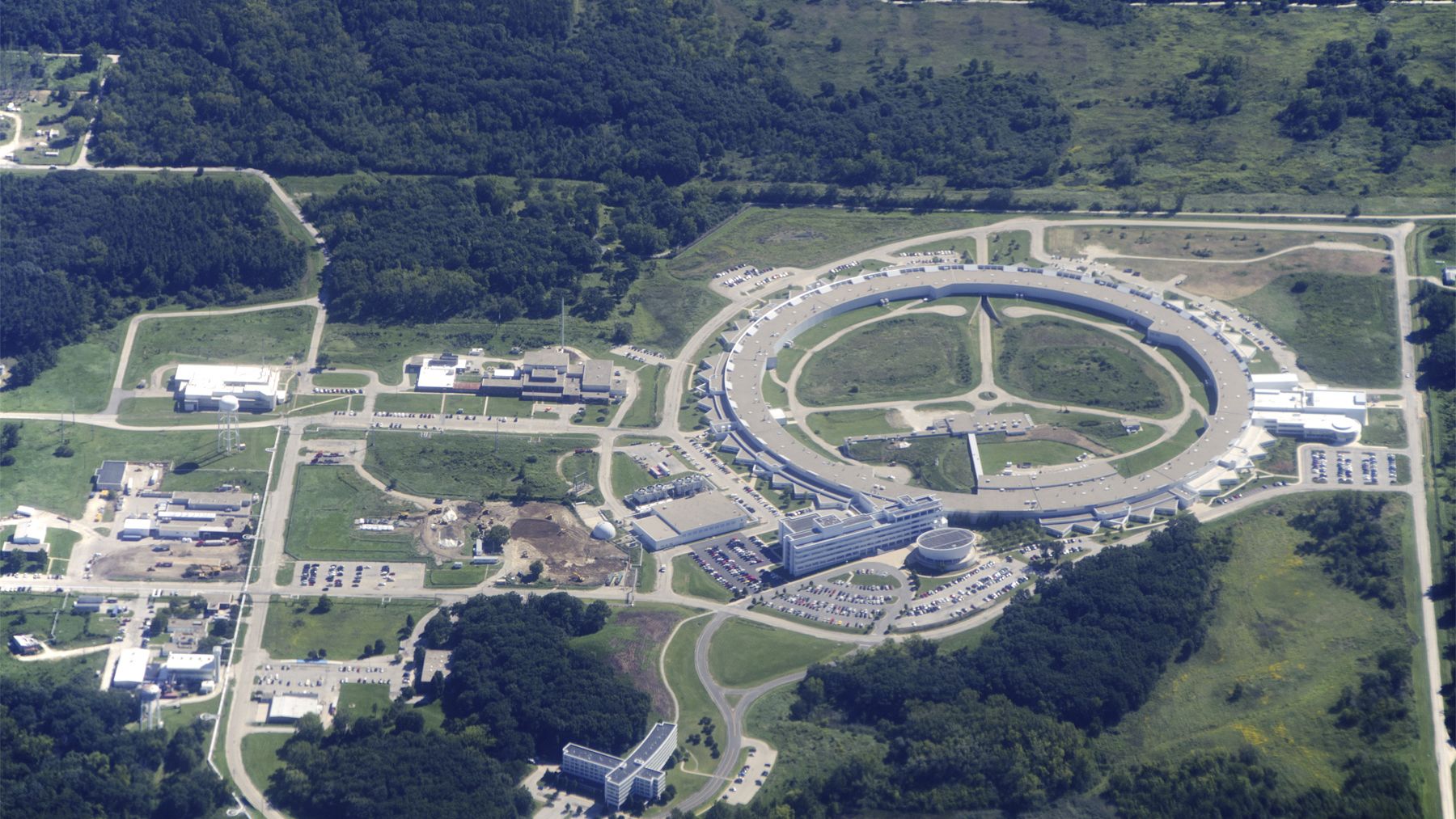AWS joins Argonne-led quantum research center
Q-NEXT’s quantum consortium now totals 13 firms, 10 universities, and 3 DOE national laboratories

Amazon Web Services (AWS) has announced it’s now a member of quantum research center Q-NEXT, led by the US Department of Energy's Argonne National Laboratory.
RELATED RESOURCE

Q-NEXT specializes in long-distance quantum information control and distribution. A key objective of the center is to bring together science organizations and commercial businesses to address quantum technology challenges.
AWS’ addition now brings the research center’s quantum consortium to thirteen companies, ten universities, and three DOE national laboratories.
"We are excited to join Q-NEXT so we can bring together quantum experts from AWS and other top academic institutions to collaborate on the research and development of new quantum technologies and build a national quantum community," said Simone Severini, director of quantum computing at AWS.
AWS will partake in fundamental quantum research with Q-NEXT to foster the technology’s development.
The move further accentuates AWS’ foothold in quantum computing. Late last year, the firm announced the opening of its new center for quantum computing in Pasadena, California to build a fault-tolerant quantum computer.
"We could not be more delighted that AWS has joined our collaboration," said David Awschalom, Q-NEXT director.
Get the ITPro daily newsletter
Sign up today and you will receive a free copy of our Future Focus 2025 report - the leading guidance on AI, cybersecurity and other IT challenges as per 700+ senior executives
"AWS has always been at the cutting edge of innovation. Now it is developing cloud quantum services, building a quantum computer, and applying quantum algorithms to real-world problems. Their engineering expertise and experience with tech consumers will be invaluable to Q-NEXT as we develop next-generation technologies that promise to improve our everyday lives," added Awschalom.
-
 How the UK MoJ achieved secure networks for prisons and offices with Palo Alto Networks
How the UK MoJ achieved secure networks for prisons and offices with Palo Alto NetworksCase study Adopting zero trust is a necessity when your own users are trying to launch cyber attacks
By Rory Bathgate
-
 Putting small language models under the microscope
Putting small language models under the microscopeITPro Podcast The benefits of small language models are undeniable – but they're no silver bullet
By Rory Bathgate
-
 Better together
Better togetherWhitepaper Achieve more with Windows 11 and Surface
By ITPro
-
 Transforming the enterprise
Transforming the enterpriseWhitepaper With Intel and CDW
By ITPro
-
 The top trends in money remittance
The top trends in money remittanceWhitepaper Tackling the key issues shaping the money remittance industry
By ITPro
-
 How to empower employees to accelerate emissions reduction
How to empower employees to accelerate emissions reductionin depth With ICT accounting for as much as 3% of global carbon emissions, the same as aviation, the industry needs to increase emissions reduction
By Fleur Doidge
-
 Worldwide IT spending to grow 4.3% in 2023, with no significant AI impact
Worldwide IT spending to grow 4.3% in 2023, with no significant AI impactNews Spending patterns have changed as companies take an inward focus
By Rory Bathgate
-
 How Kantar revamped its IT infrastructure after being sold off
How Kantar revamped its IT infrastructure after being sold offCase Study Being acquired by a private equity firm meant Kantar couldn’t rely on its parent company’s infrastructure, and was forced to confront its technical shortcomings
By Rene Millman
-
 Report: Female tech workers disproportionately affected by industry layoffs
Report: Female tech workers disproportionately affected by industry layoffsNews Layoffs continue to strike companies throughout the tech industry, with data showing females in both the UK and US are bearing the brunt of them more so than males
By Ross Kelly
-
 Deutsche Bank wraps up Postbank IT integration after bug-laden migrations
Deutsche Bank wraps up Postbank IT integration after bug-laden migrationsNews The IT merger is expected to generate annual savings of €300 million by 2025
By Daniel Todd